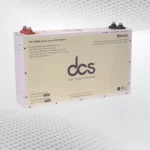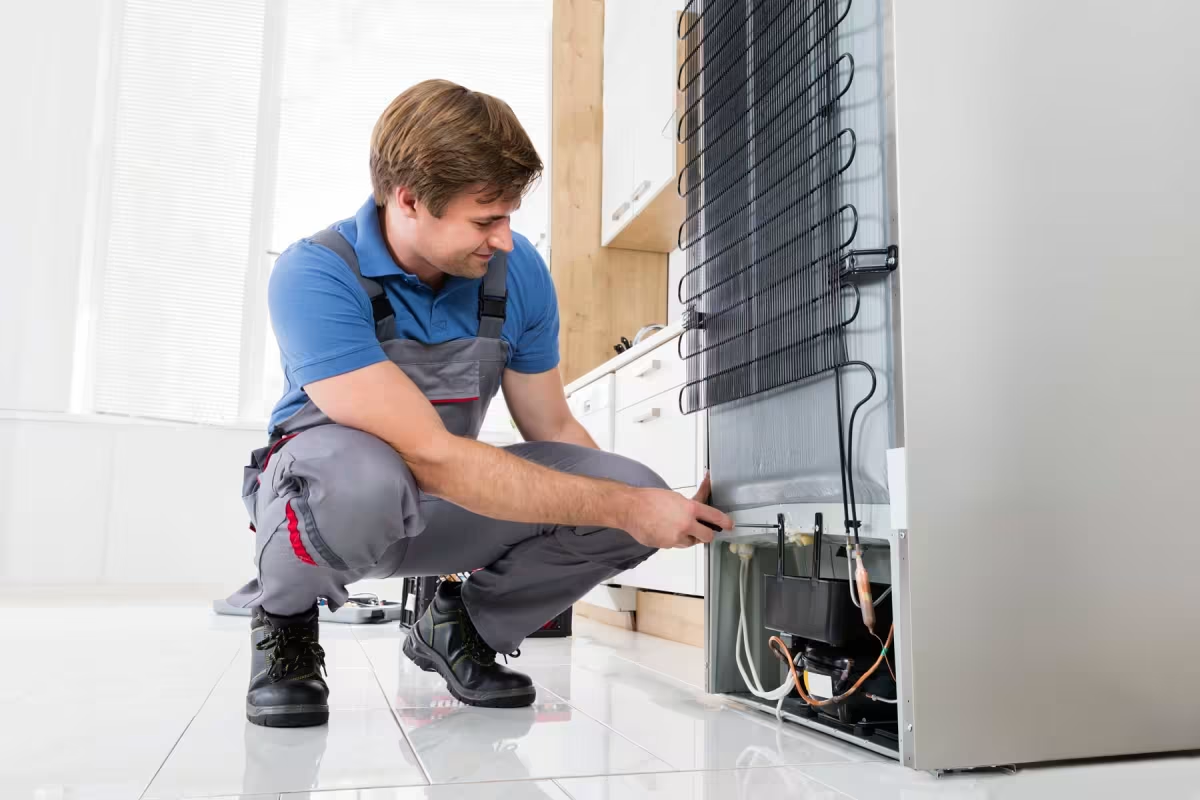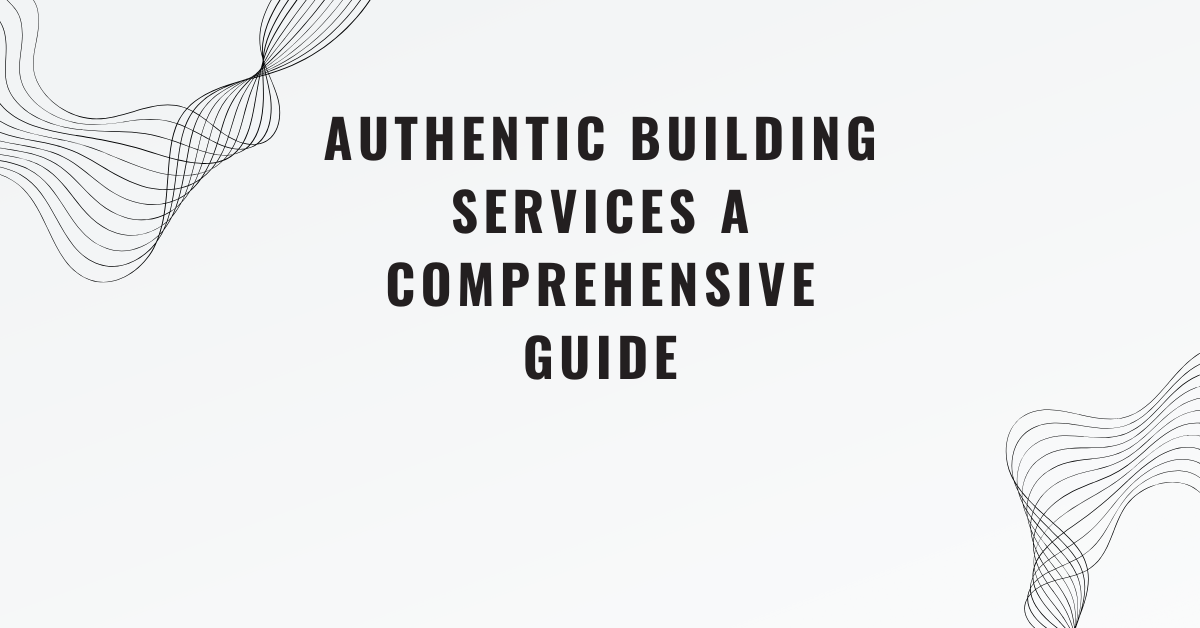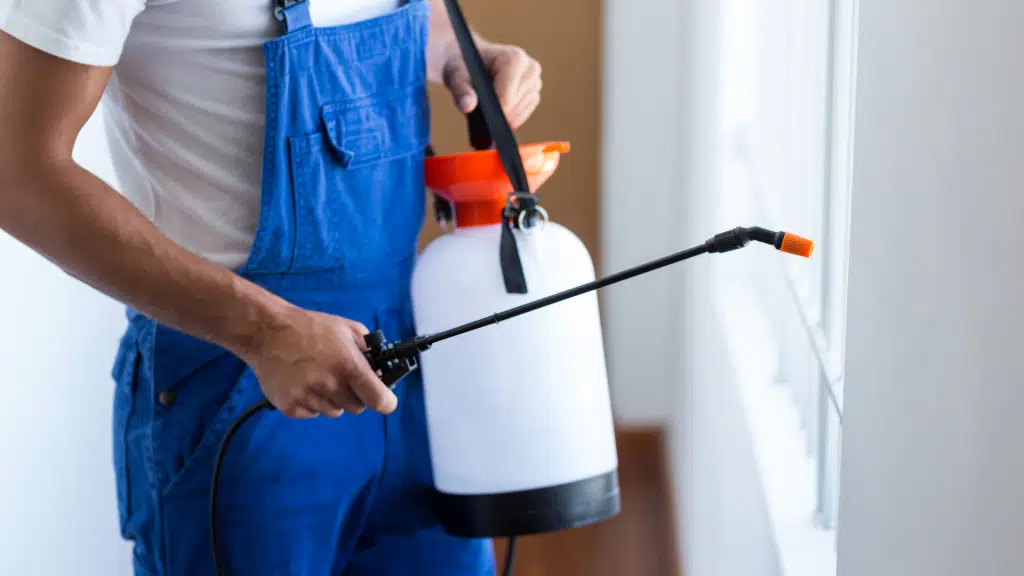Water leaks are one of the most common yet troublesome issues homeowners face. From small drips to major pipe bursts, leaks can cause serious damage if left unaddressed. Understanding the causes, consequences, and effective repair solutions for water leaks can help you protect your home, save money, and prevent unexpected emergencies. In this blog, we’ll explore everything you need to know about water leaks in a simple and straightforward way.
What Causes Water Leaks?
Water leaks can occur for various reasons, many of which build up over time. Here are some of the main causes:
1. Aging Pipes
- Over time, pipes naturally weaken and deteriorate. Aging pipes are prone to cracks, corrosion, and other wear-and-tear issues that can lead to leaks.
2. Poor Plumbing Installation
- Faulty installation can lead to a water leak by creating weak connections, loose joints, and pipes that are more prone to damage. Poor installation increases the risk of leaks even in newer plumbing systems.
3. Extreme Temperatures
- Freezing temperatures can cause water in pipes to expand, potentially causing cracks and breaks. Hot temperatures can also warp and weaken pipes, especially plastic ones, over time.
4. High Water Pressure
- Water pressure that’s too high can put excessive stress on pipes and fixtures, increasing the likelihood of leaks.
6. Clogged Drains
- Clogs cause pressure buildup, which can lead to cracks or breaks in pipes. Over time, blocked drains may even weaken nearby areas of the plumbing system.
7. Tree Roots
- Roots are naturally drawn to moisture and may grow into pipes, creating cracks or blockages in outdoor plumbing lines.
8. Consequences of Water Leaks
- Water leaks might seem minor initially, but even small leaks can lead to significant problems if ignored. Here are some consequences to consider:
7. Structural Damage
- Leaks can lead to wood rot, weakened drywall, and damaged floors and ceilings. Over time, structural damage from water leaks can compromise the safety and stability of your home.
8. Mold and Mildew Growth
- Mold thrives in damp environments, and even small leaks provide a perfect breeding ground. Mold growth can cause respiratory issues, allergic reactions, and unpleasant odors in your home.
9. Increased Water Bills
- Leaks, even small drips, can waste hundreds of gallons of water each month, significantly increasing your water bill over time.
10. Damage to Appliances and Belongings
Water leaks near appliances or storage areas can lead to damage to electronics, furniture, and personal items, sometimes causing irreparable loss.
11. Reduced Home Value
- Persistent water damage can affect your home’s value. If the leaks are not properly repaired, the resulting damage may reduce your property’s market appeal and value.
Effective Solutions for Repairing Water Leaks
Once you identify a water leak, acting quickly is essential to minimize damage. Here are some effective repair solutions based on the type of leak:
1. Pipe Repair Clamps for Small Leaks
- For minor leaks or small cracks in pipes, a repair clamp can be a quick and easy solution. These clamps create a tight seal, stopping the leak temporarily until you can have the pipe replaced.
2. Epoxy Putty or Tape for Emergency Sealing
Epoxy putty or waterproof tape can be applied around leaks in pipes to create a temporary seal. This is a good emergency fix to stop leaks until a plumber can perform a more permanent repair.
3. Replacing Damaged Pipe Sections
- For larger leaks or severely damaged pipes, replacing the affected pipe section is often the most effective solution. This is particularly important for corroded or heavily damaged pipes that are beyond simple repairs.
4. Re-piping Old Plumbing Systems
- For homes with old or outdated plumbing systems, re-piping may be necessary to prevent recurring leaks and long-term damage. Re-piping involves replacing old pipes with new ones, improving durability and water flow.
5. Leak Detection Services
- Professional leak detection services use specialized equipment to locate hidden leaks behind walls, under floors, or in outdoor lines. Early detection can prevent extensive damage and costly repairs.
6. Fixing Leaky Faucets and Fixtures
- Often, leaks occur at faucets, showerheads, or toilets. In many cases, simply replacing worn-out washers or O-rings can solve these problems. Tightening loose connections can also stop leaks around fixtures.
7. Install a Water Pressure Regulator
- High water pressure is a common cause of leaks, and installing a regulator can help prevent future leaks and protect your plumbing system.
Final Thoughts
Water leaks can lead to costly damage, health risks, and added stress. By understanding the common causes, spotting early signs, and knowing effective repair options, you can take control of water leaks before they become major issues. Whether you handle minor water cleanup yourself or bring in a professional for larger repairs, timely action can save you from long-term problems and help maintain the safety, comfort, and value of your home.
If you’re facing a water leak or just want to protect your property from potential issues, don’t hesitate to take preventive steps. With the right approach, you can keep your home leak-free and your mind at ease!










